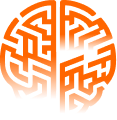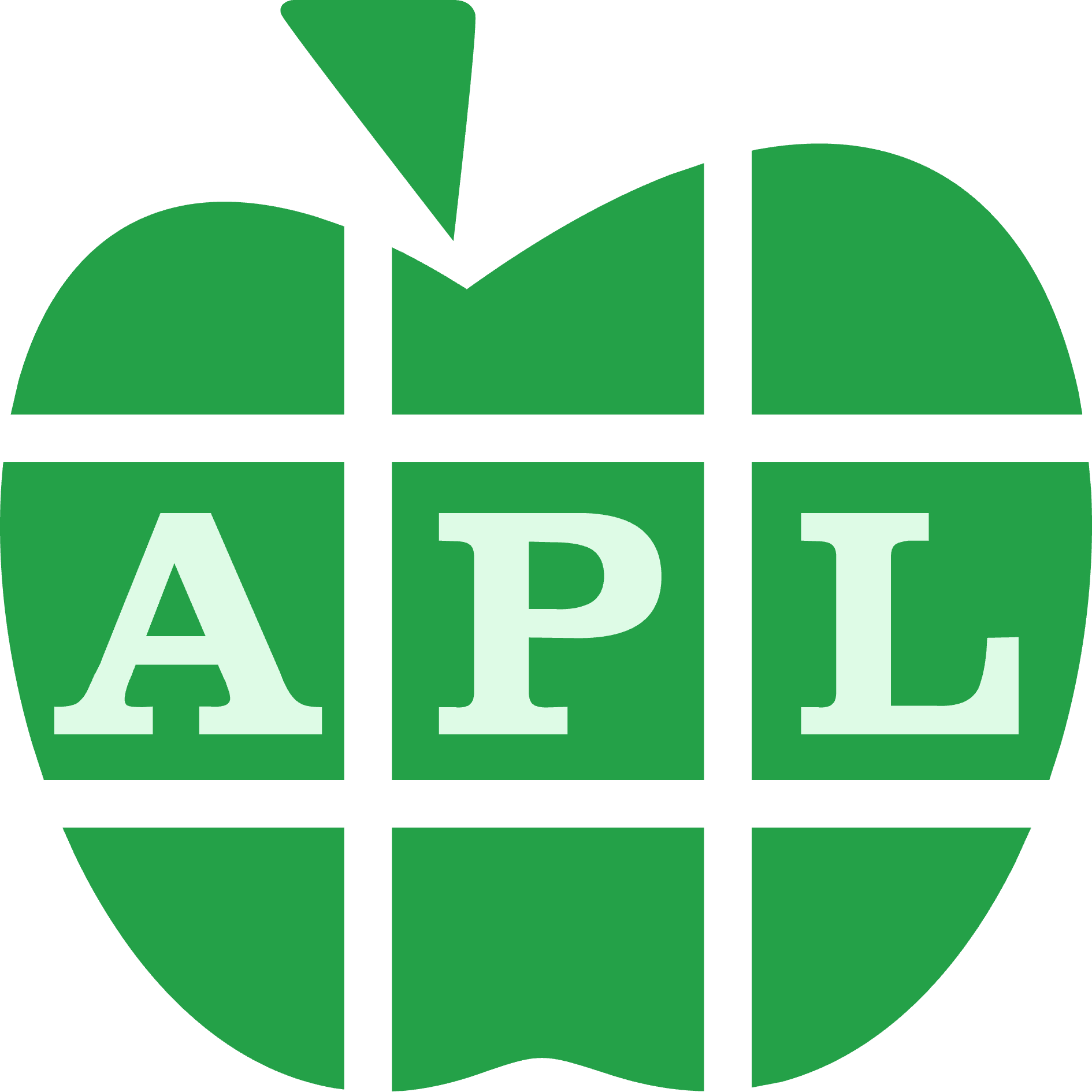
APL Challenge
The APL Challenge is a quarterly event during which you can use APL to solve up to ten problems. It is aimed at newcomers to APL, although anyone is welcome to enter.
For each round, three prizes of USD 100 will be awarded, with chances of winning increasing based on the number of correct entries submitted.Rounds begin in February, May, August, and November and last for three months. Winners will be announced within three weeks of the end of a round.
Anyone can win a prize except Dyalog employees/associates and problem set contributors/testers.
Thanks to our sponsors SimCorp and InvestCloud.
APL Challenge Winners
2025.1
2024.4:
2024.3:
2024.2:
2024.1:
The APL Problem Solving Competition

The APL Challenge continues the tradition of the APL Problem Solving Competition, which Dyalog ran from 2008 until 2023. From 2013, the competition had two phases, a simpler phase 1 and a more involved phase 2.
The problems set and accompanting materials can be downloaded from the table below; this table also includes information on the main prize winners for each year.
![]() Our blog includes posts relating to some of the problems set, with pointers on how they might be solved.
Our blog includes posts relating to some of the problems set, with pointers on how they might be solved.
Phase I problems are also available online, with automatic solution validation – there are videos discussing them as part of the APL Quest series.
| Year | Tasks | Materials | Winners | Winners' Presentations | APL Quest |
|---|---|---|---|---|---|
| 2023 | |||||
| 2022 | |||||
| 2021 | - | ||||
| 2020 | |||||
| 2019 | |||||
| 2018 | |||||
| 2017 | |||||
| 2016 | |||||
| 2015 | |||||
| 2014 | |||||
| 2013 | |||||
| 2012 | - | n/a | |||
| 2011 | n/a | ||||
| 2010 | n/a | ||||
| 2009 | n/a | n/a |



 –
–  –
–  –
–  –
–  –
–  –
–  –
–  –
–  –
– 
 –
–